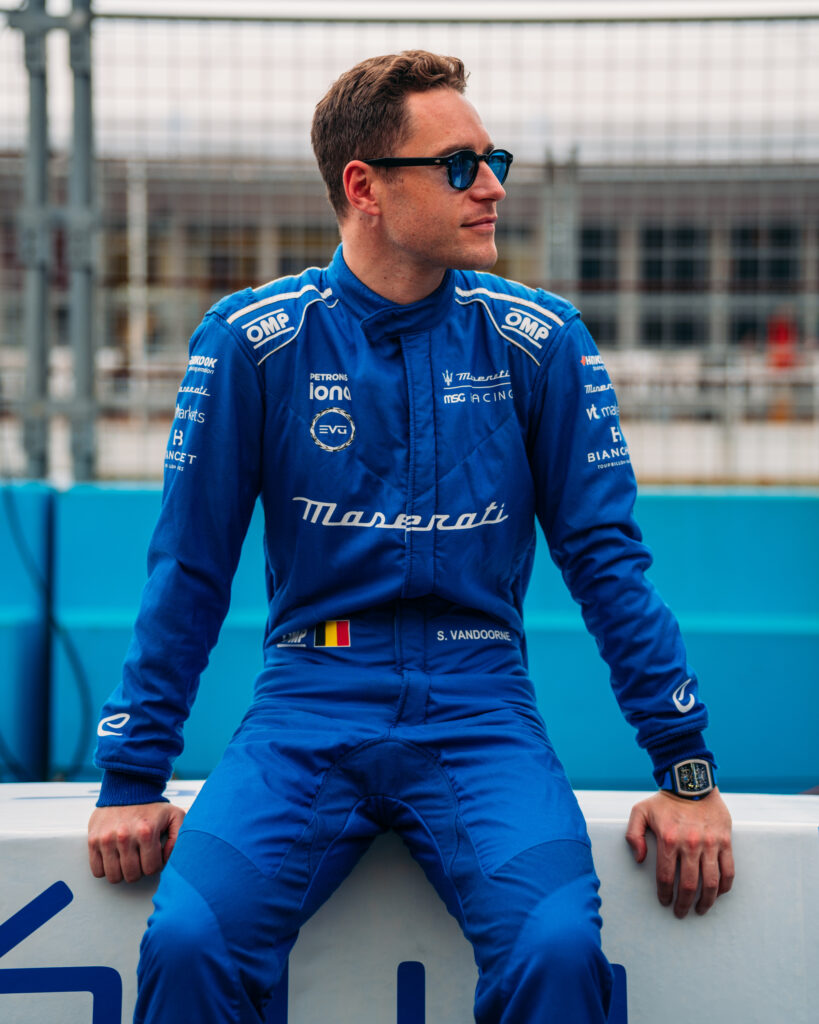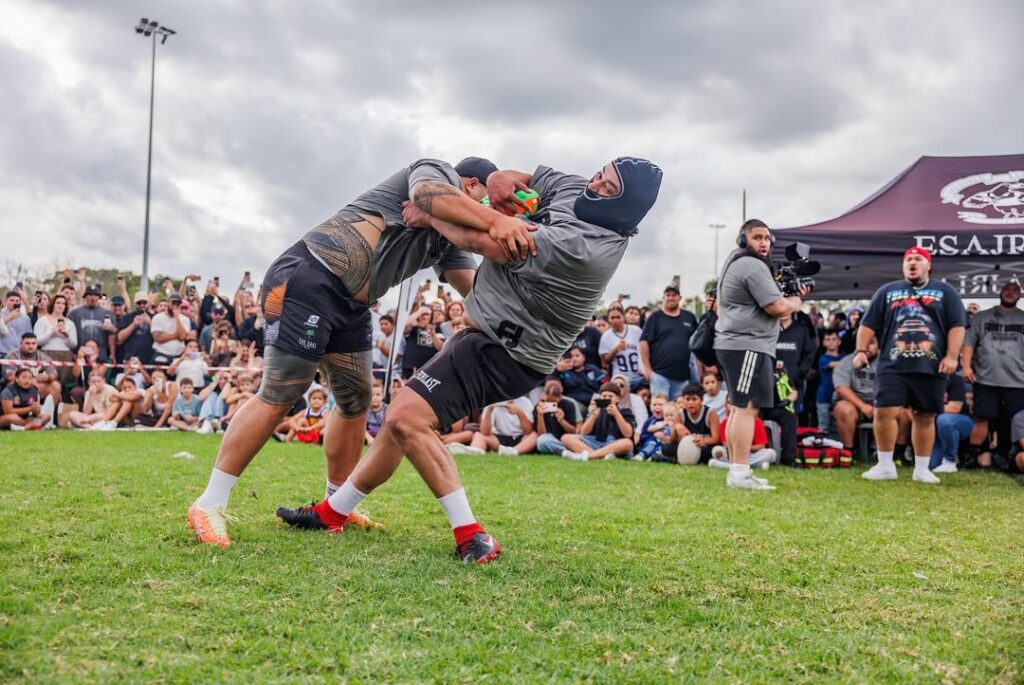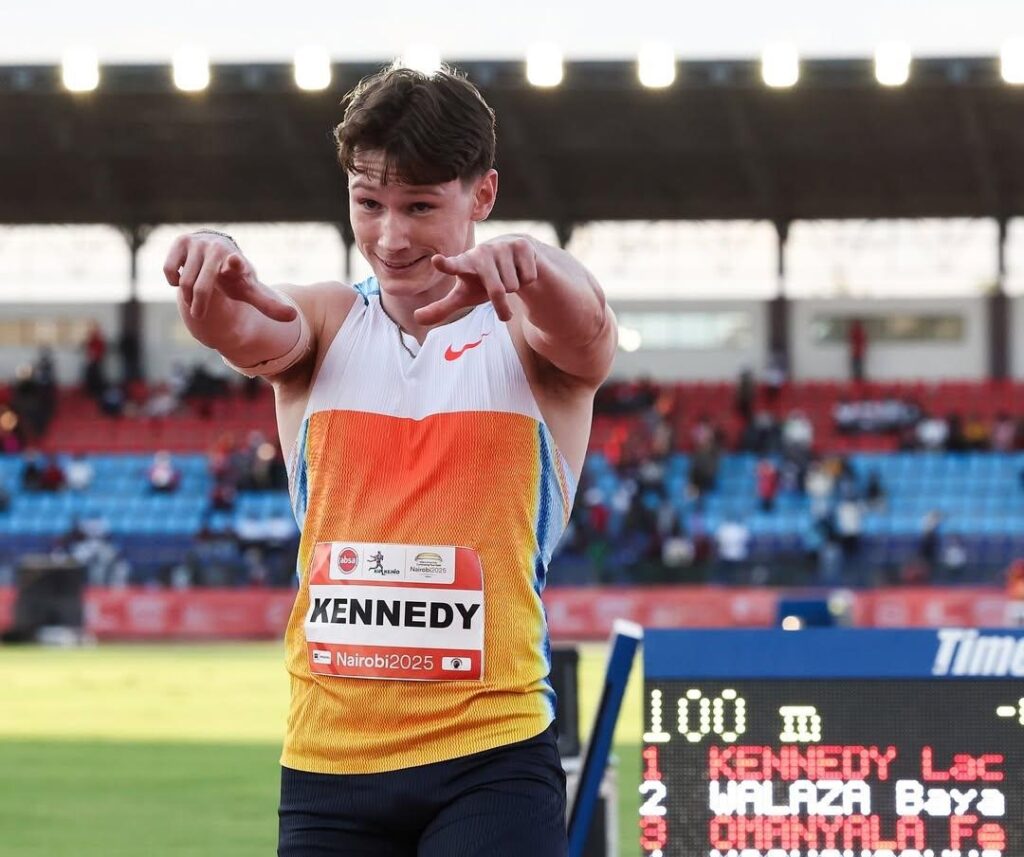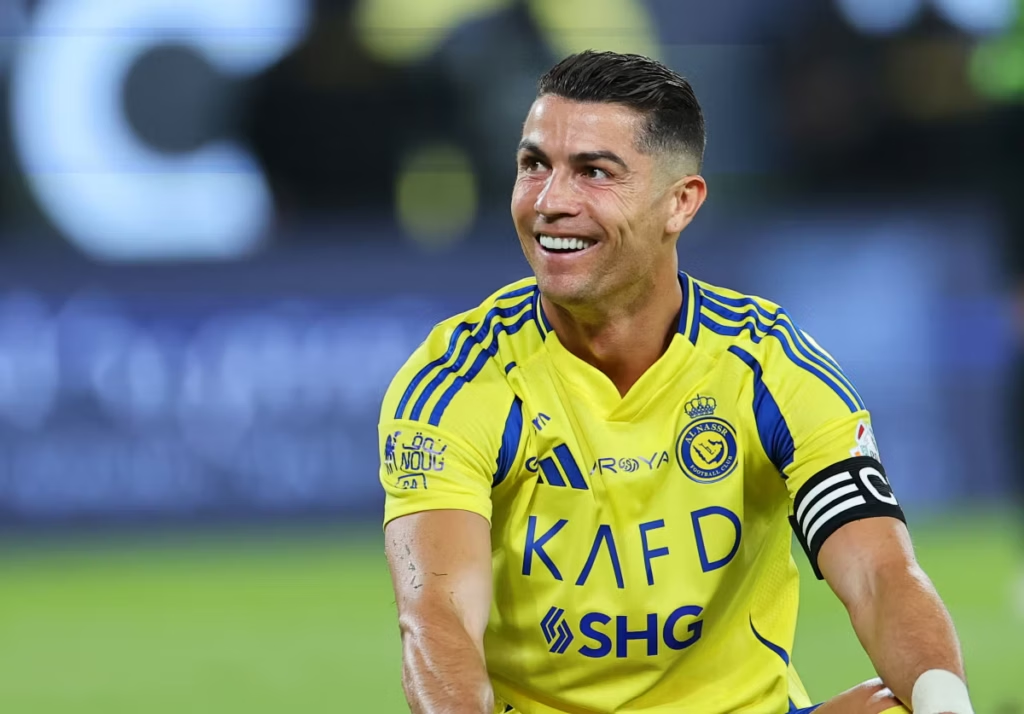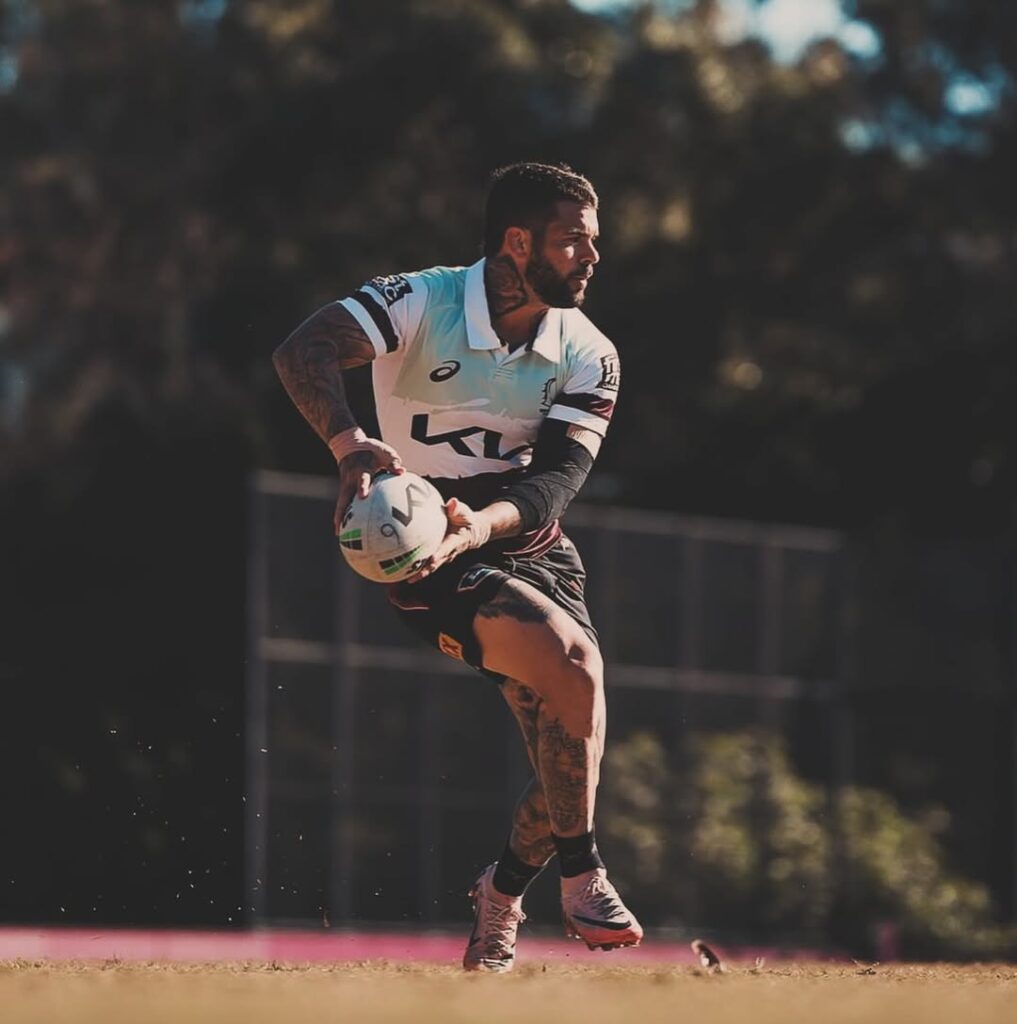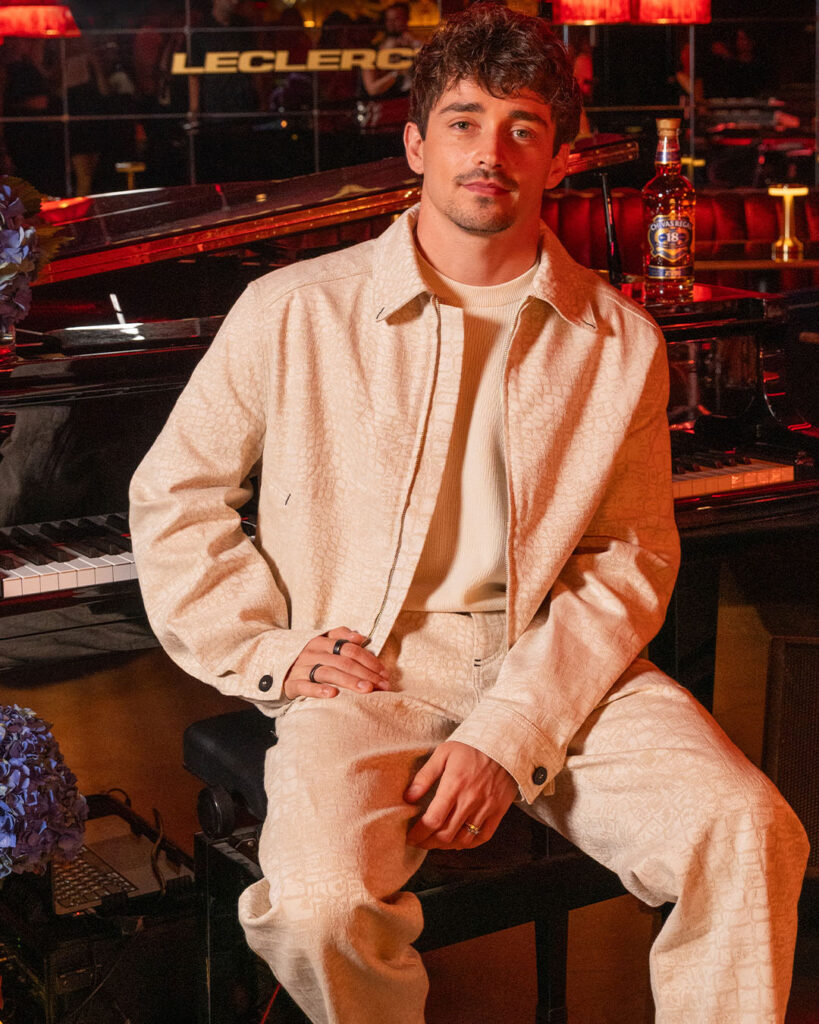When the Manly Sea Eagles made the announcement this week that players would wear a rainbow strip on their jersey during the game against the Sydney Roosters as a means of promoting LGBTQI+ inclusion in rugby league, the backlash came swiftly. Seven players immediately told the club that they would stand down from the match, citing religious and cultural beliefs as the reason why they would not wear the jersey.
News of such a response from players was quick to divide loyal fans and the public alike. The large majority however, could only condemn such a response and for the devastating message it would send to those within the LGBTQI+ community, regardless of whether they are sporting enthusiasts, up-and-coming NRL players, or those simply looking to see themselves represented in greater facets of society.
Manly became the first club to ever introduce a pride jersey, and fans were in favour of such inclusivity. After it was made public that players were standing down from participating in the match, fans expressed their support and solidarity with the LGBTQI+ community, with the jerseys selling out in mens’ sizes online within hours of the player boycott.
Imagine, in 2022, having to apologise for wanting to promote inclusiveness and diversity.
— Warren Smith (@WarrenSmithFOX) July 26, 2022
After holding an emergency meeting with the players in question, the decision has since been made by the club to go into battle on Thursday night without Josh Aloiai, Jason Saab, Christian Tuipulotu, Josh Schuster, Humble Olakau’atu, Tolutau Koula and Toafofoa Sipley. Coach Des Hasler told the Sydney Morning Herald that he supports their decision to stand down, while journalist Paul Kent was quick to defend the players, condemning the club for trying to inject its own political views on the team. “Top inflict their own political views on the players who may not share that and are now being forced to deal with the consequences of that is a real oversight by the club and it’s something they should be embarrassed about,” he told NRL 360.
But for Sea Eagles great, Ian Roberts, who became the first rugby league player to come out as openly gay, the decision of the seven players is one he found devastating. “I try to see it from all perspectives but this breaks my heart,” Roberts told the Daily Telegraph. “It’s sad and uncomfortable. As an older gay man, this isn’t unfamiliar. I did wonder whether there would be any religious pushback. That’s why I think the NRL have never had a Pride round.”
p.p1 {margin: 0.0px 0.0px 12.0px 0.0px; font: 12.0px Times; color: #000000}
“I can promise you, every young kid on the northern beaches who is dealing with their sexuality would have heard about this.”
Ian roberts
Hasler has since fronted the media to apologise for what he called a “poor” execution of what was “intended to be an extremely important initiative.” Even so, the saga extends beyond this incident alone and serves to illustrate the issue of inclusivity in a sport that has been far from the model of diversity. Despite the NRL’s 2017 inclusion framework stating: “We welcome everyone to rugby league, regardless of race, colour, religion, ability, creed, sexual orientation, gender identity, national origin, ancestry, or age. We proudly and publicly stand against intolerance and bigotry, and will actively campaign against it,” it seems that not enough is being done to promote greater inclusion and indeed foster such environments in sport.
As Megan Maurice makes an argument for in The Guardian, LGBTIQI+ are at a greater disadvantage, with religious organisations and alcohol and gambling companies holding far more societal and financial power, making it harder for “individual players to stand against this power and ask for special consideration.”
Maurice offers a roadmap for how such initiatives within the league can be approached better in the future, with greater education and compassion from the outset, such as engaging Roberts to address the playing group about his experiences as a gay man in rugby league and giving the players who hold such religious objections within the club, the chance to explain their reluctance with a mediator between the two groups allowing for greater understanding of the challenges each face to work towards a solution.
You can be religious and still accepting/supportive of the LGBTQI+ community. Bigots who use religion as a means of excuse just simply doesn't wash for me. It should be the 7 players apologising, not Des.
— Cath Durkin (@CDurkinFOX) July 26, 2022
Hasler offered an apology to the LGBTQI+ community, saying: “For any person struggling with identity, we acknowledge the challenges and difficulties. My heart goes out to you and your families, and if the club can personally do anything to assist, we will. We are here, we offer our complete support. I apologise to anyone to whom this matter has caused distress.”
But as Maurice writes, “These are heartfelt words, but how much comfort would they provide to a young rugby league fan struggling with their identity?”
If anything has emerged from the Manly Sea Eagles jersey saga, it’s that sport must do better when it comes to creating a safe space for all – regardless of sexual orientation.









